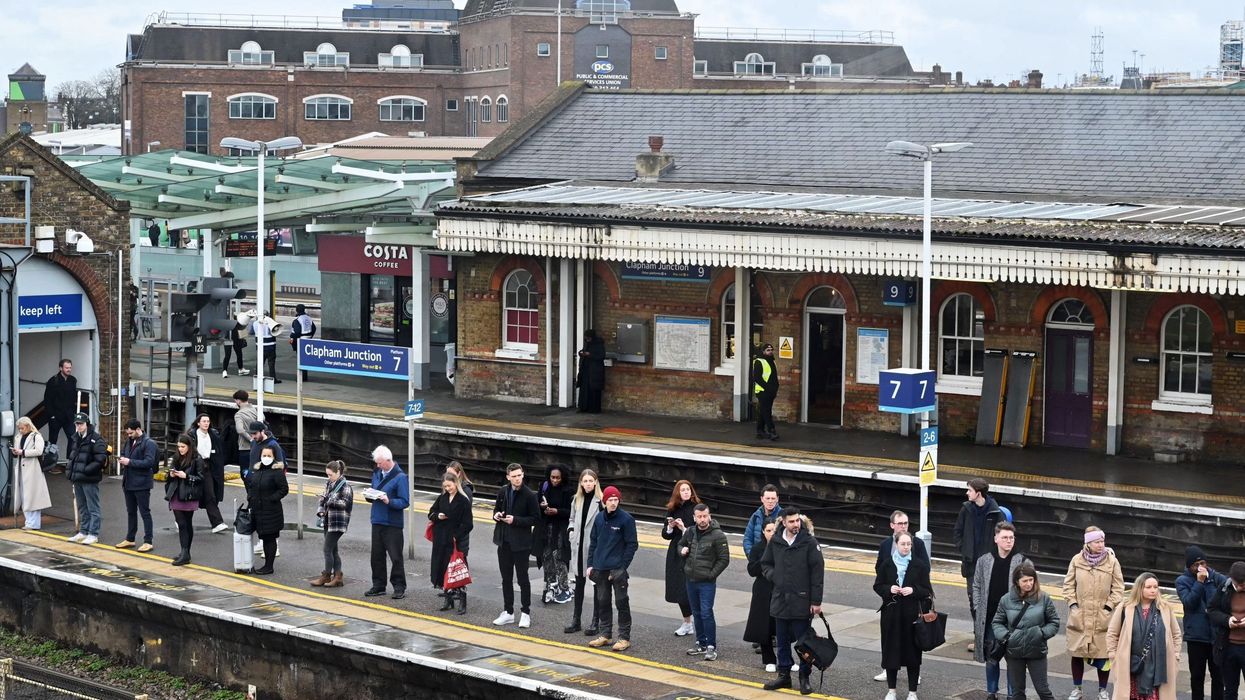A one-day strike next month is set to be staged by thousands of train drivers, their trade union announced on Friday (18). This action, which is part of a pay dispute spanning over a year, will have repercussions for passengers across the country during the bustling summer season.
Workers in various sectors across Britain have taken industrial action over the last year as wage rises fail to keep pace with high levels of inflation amid a cost-of-living crisis.
The Associated Society of Locomotive Engineers and Firemen (ASLEF) union said 13,000 drivers at 16 train companies, including FirstGroup-owned Avanti West Coast FGP.L, London North Eastern Railway (LNER), and West Midlands Trains, would walk out on September 1 and ban overtime the following day.
"We don’t want to take this action but the train companies, and the government which stands behind them, have forced us into this place because they refuse to sit down and talk to us," ASLEF general secretary Mick Whelan said in the statement.
The workers have staged 11 days of strikes so far in the dispute which began last June.
The Rail Delivery Group (RDG), which represents train operators, said the union's leadership has been refusing to put its "fair and reasonable offer" to the workers. It says the offer would increase the average driver base salary for a 4-day week without overtime to nearly 65,000 pounds ($82,609) from 60,000 pounds.
The last offer of an 8% pay rise over two years was rejected by ASLEF in April this year, with the union - which says most drivers have not had a pay rise in four years - having called it "risible" at the time.
"We urge the ASLEF leadership to acknowledge the substantial financial challenges facing the rail industry and work with us," the RDG said.
Separately, around 20,000 railway staff who are part of the RMT trade union are due to strike on August 26 and September 2.
(Reuters)




